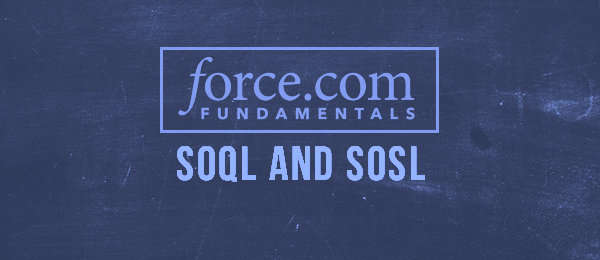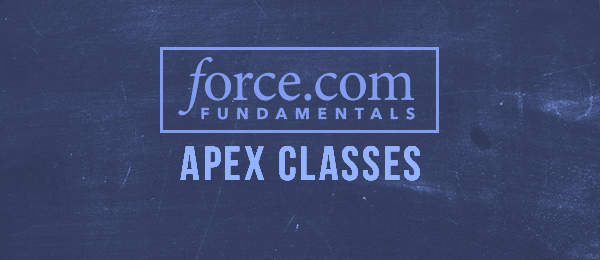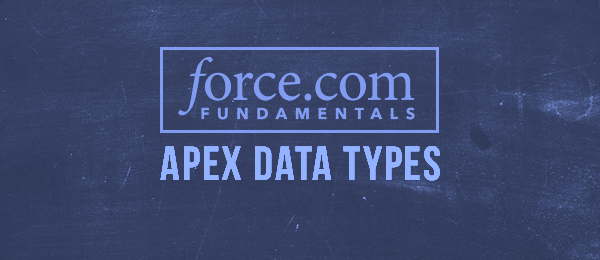The Summer ’14 release brings new features that help any business become a Customer company. There have been enhancements to: The Salesforce Mobile App for Admins Analytics Sales Cloud Service Cloud Salesforce for Outlook Data.com Communities Desk.com ExactTarget Marketing Cloud Chatter Summer ’14 Detailed Feature List explains each of the new features in detail. This feature list was released by salesforce.com in July ’14. Below is a preview of some of the key features of this release.
Benefits of adopting the Salesforce1 Platform
Below is an infographic by Salesforce about some of the benefits experienced by organizations (based on an IDC survey of Salesforce customers) that have built business apps on the Salesforce1 Platform.
Updates from the Salesforce1 World Tour Event
M&S attended the Salesforce1 World Tour Event in Anaheim, CA on July 15, 2014. We experienced a lot of excitement within the User Community including Customers, Vendors, Developers around the Salesforce1 Platform. In an era of hyper-connection – billions of people and things and devices are connecting faster than ever, but behind every technology, behind every act, behind every device is the single most important element of all – a CUSTOMER, billions of them each armed with the ability to make choices and decisions at super fast speed – this is an era of INTERNET of CUSTOMERS. In this era, … Read More
AWS Adds Docker Support to Elastic Beanstalk
Today Amazon announced and deployed Docker support for Elastic Beanstalk, Amazon Web Service’s Platform as a Service offering. This brings the supported platforms to the following list: Node.JS, PHP, Python, .NET, Java, Ruby and Docker. Now it is easier than ever to deploy onto AWS your Docker backed application at any scale, from a single instance on up. From the AWS blog post: “To use an image with Elastic Beanstalk, you will create a file called Dockerrun.aws.json. This file specifies the image to be used and can also set up a port to be exposed and volumes to be mapped in … Read More
Force.com Platform Fundamentals: SOQL and SOSL
SOQL (Salesforce Object Query Language) Use SOQL to construct simple but powerful query strings in the queryString parameter in the query() call, in Apex statements, in Visualforce controllers and getter methods, or in the Schema Explorer of the Force.com IDE SOQL statements are similar to the select statement in SQL SOQL statements are case-sensitive SOQL statements can be used in Apex and the Web Services API If the output of a SOQL statement is an “Consider and Index Filter” error, it means the statement is returning too many records in which case you need to use a WHERE clause to restrict … Read More
Force.com Platform Fundamentals: Apex Classes
Apex Classes: An apex class is a blueprint from which Objects are created Classes consist of attributes and methods Classes may contain other classes, known as inner classes (one level deep nested classes) Static attributes and methods can only be declared in a top-level class definition Exception class must be extended in case you want to create new extension classes Classes can be enabled or disabled for different profiles Syntax: private | public | global [virtual | abstract | with sharing | without sharing | (none)] Class className [implements interfaceName | (none)] [extends classOrInterfaceName | (none)] { // Class … Read More
Force.com Platform Fundamentals: Apex Data Types
Apex Data Types include: Primitive Enum sObject Collection Primitive Data Types: Include the following: Boolean Date Date/Time Time ID Integer Long Double Decimal String Blob Object Enum Data Types Is an abstract data type that allows you to store the values of a finite set of identifiers Defined using the keyword ‘enum’ Built-in enums viz. System.StatusCode returns API error codes Some enum methods: Values() – returns a list of values for the enum Name() – returns the name of the enum sObject Data Types Represents Objects (Standard and Custom) in Salesforce.com Can be either strongly typed or … Read More
Force.com Platform Fundamentals: Apex
What is Apex? Apex is a strongly typed, object-oriented programming language that allows developers to execute flow and transaction control statements on the Force.com platform server in conjunction with calls to the Force.com API. Using syntax that looks like Java and acts like database stored procedures, Apex enables developers to add business logic to most system events, including button clicks, related record updates, and Visualforce pages. Apex code can be initiated by Web service requests and from triggers on objects. Apex vs. Java They are both similar in syntax and notation, strongly typed and transactional. Both support OOP features viz. Encapsulation, Inheritance, Polymorphism. Apex runs in a Multi-Tenanted environment and is limited by … Read More







